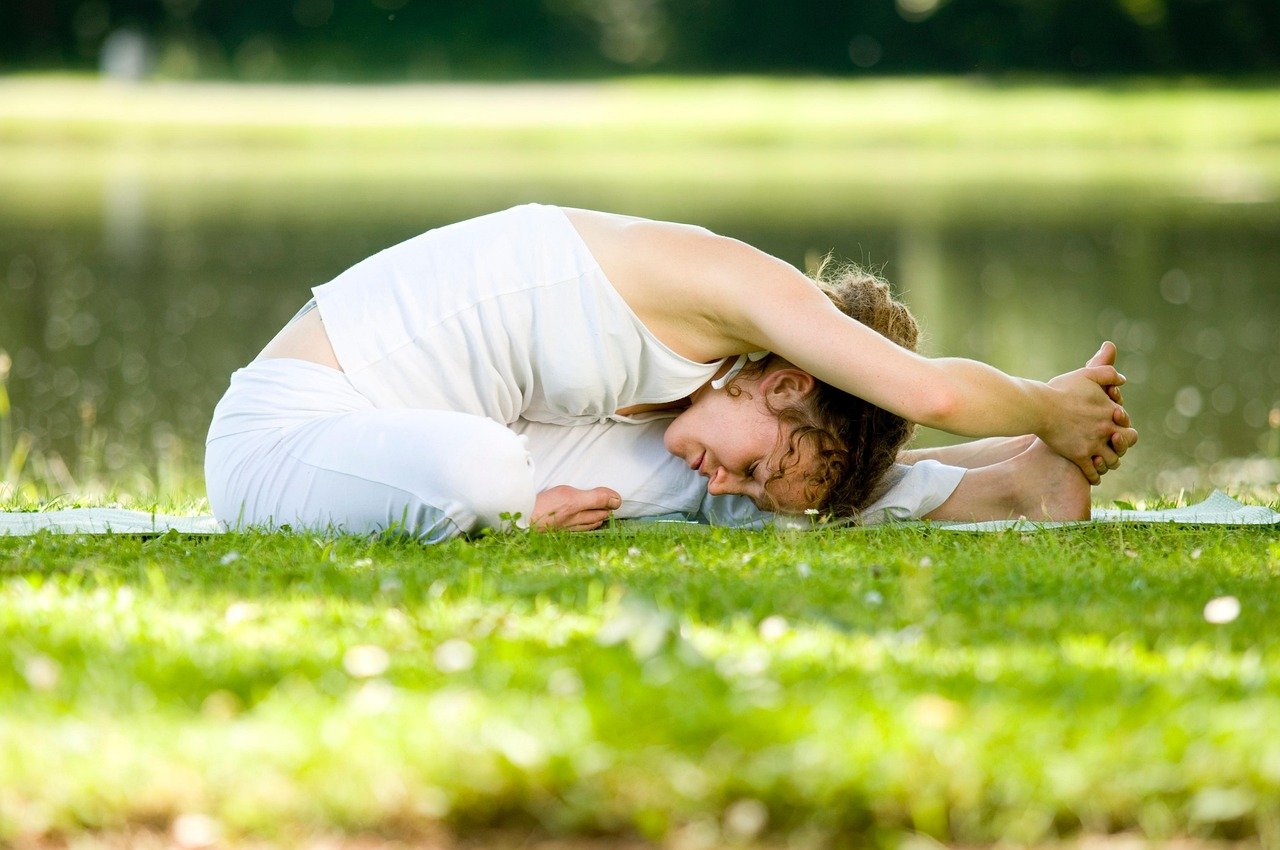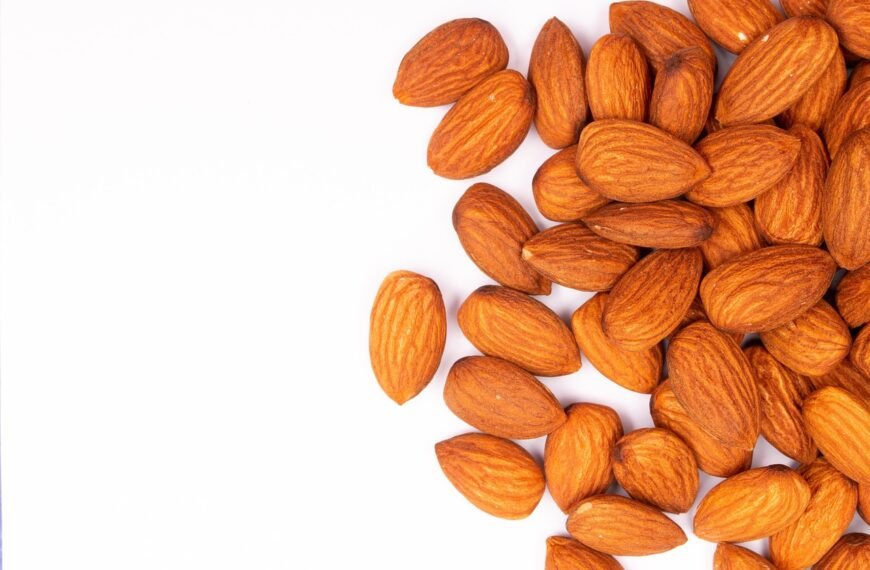The time of day you choose to exercise might influence not only your performance but also your health. New research highlights how our body’s natural rhythms, or circadian clocks, impact athletic abilities and fitness outcomes. But can you train your body to perform its best at any given time? Let’s explore.
The Science of Peak Performance
At the upcoming Paris Olympics, some athletes might think beyond technique and strategy—they might also focus on timing. Studies suggest that for swimmers, for example, peak performance often occurs in the early evening, around 5:12 PM. Similarly, cyclists and those performing resistance exercises typically achieve better results between 4 PM and 8 PM.
This phenomenon is rooted in our circadian rhythms, which regulate our body’s functions like sleep, appetite, and energy levels throughout the day. These rhythms are controlled by a central clock in the brain, which can be influenced by light, meal timing, and even exercise itself.
Health Benefits Based on Timing
Interestingly, the time of day you exercise can also shape the health benefits you gain.
- Morning Workouts: Studies indicate that exercising in the morning might help burn more fat and could be especially beneficial for individuals with metabolic conditions like diabetes or obesity.
- Evening Workouts: Evening exercise has been shown to boost muscle performance for women and lower blood pressure while aiding fat breakdown in men.
Can You Train Your Body Clock?
The good news is that with consistency, it may be possible to “reset” your body’s internal clocks. Research on mice shows that regular morning training helps their bodies adapt, allowing them to perform better at that time of day. Similarly, human studies suggest that sticking to a consistent workout schedule might recalibrate your “muscle clock,” helping you achieve peak performance, even at less-than-ideal hours.
While science shows some benefits to timing your workouts, the most important factor remains consistency. Your body responds better when you exercise at the same time regularly, whether it’s early morning, afternoon, or evening. For athletes, aligning training with competition schedules can also enhance performance.
Ultimately, any time you can exercise is a good time. Find a routine that fits your lifestyle and stick with it. Over time, your body may adapt, offering you an extra edge, whether you’re chasing fitness goals or breaking records.


















